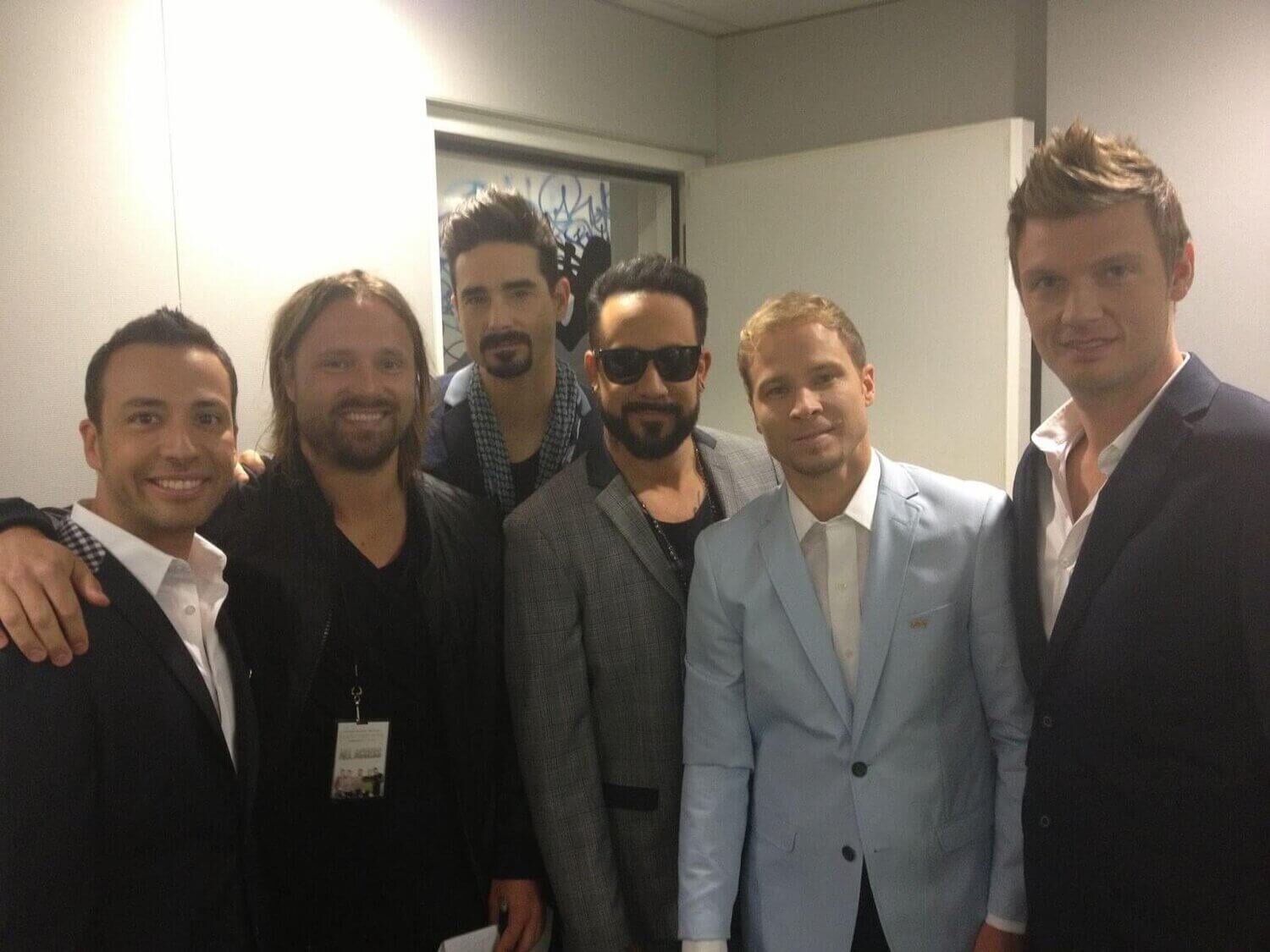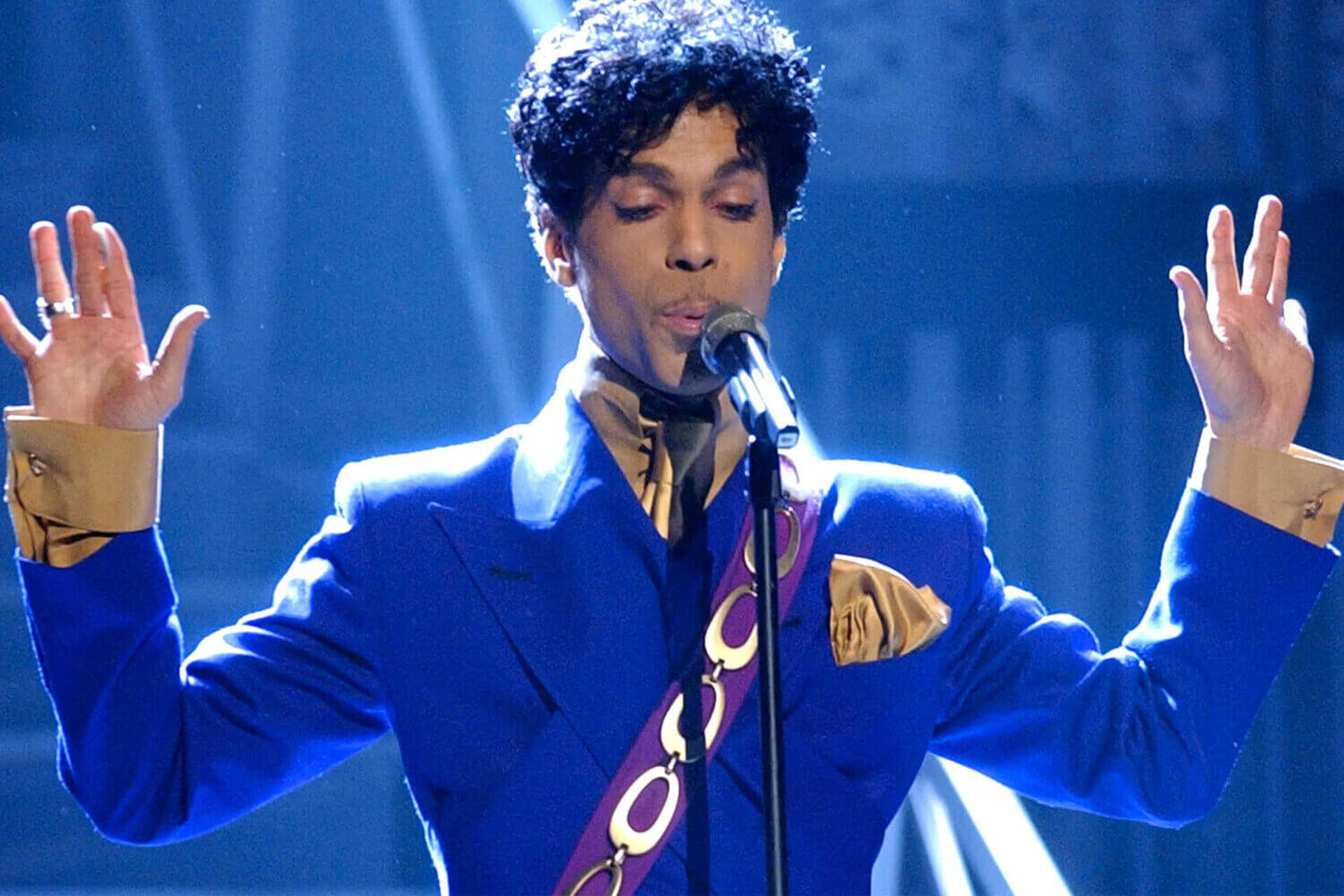Amidst this new era of the music industry, more and more artists are refusing to conform to the confines of the traditional music industry. Especially considering the overload of information about music contracts and labelling deals, artists are now able to make more educated decisions. This includes undergoing a variety of novel paths such as testing new release strategies, marketing or even marketing through social media!
1. Less creative freedom (silence)
Many artists are beginning to realize that their artistic freedom is being challenged more and more while under a music label. Unfortunately in the digital age of social media, artists are facing an increasingly heightened level of restrictions on their artistic freedom which is only more threatened under a label.
When an artist's message stirs off more political concepts especially from women and minority artists, that’s when the lines of artistic freedom become further challenged. Read a very informative article by CIVICUS to learn more about “the state of artistic expression”.
For example: in MIA’s song, “Borders” has really defied many boundaries by expressing the harsh reality of the refugee crisis in the European Union. With MIA being a refugee herself, she used her voice in a powerful way by speaking up for the rights of humanity.
Unfortunately, none of that matters when she was taken for a four-year court battle to take down her video with the NFT. This is all because of her wearing a parody of the “Fly Emirates” shirt by replacing it with “Fly pirates” as a strong statement. Check out an article where VICE interviews MIA about this topic for more information.
Have a listen of MIA’s song “Borders” below and tell us what you think!
2. The power of self-promotion through youtube, Soundcloud
The music industry no longer has a monopoly on music promotion nowadays. What is great about social media is how anyone has the opportunity to take advantage of the countless abilities to connect with an audience base to build their own brand. Embarking in a music career does not have to be as linear as signing a music label and waiting to get promoted. There are so many chances, marketing techniques and ways to engage your target audience with the power of the internet alone.
For example, Youtube is now the largest search engine on the internet and now actually one of the most popular platforms to stream music. For example consider Joji, a viral Youtube Star who made his way to become a respected HIT R&B star. I honestly just found out he was a youtube star just recently, and am once again surprised at the power of the internet!
Check out this interesting article by Time Magazine that goes over Joji's music career from a Youtuber to a famous R&B artist!
3. Lack of personal attention
Although, of course, there are some pros for signing with a record deal, however, the matter of the fact is, many artists are left fighting for attention from their label. This is mostly because of the fact that how large and influential music industries are (which is definitely a plus). However, this means that many agents come and go because of high staff turnover. In other words, the person you may have connected with your music, may not be working with you the next day.
Despite how huge and influential music industries are, this also means you are likely to be fighting for attention. This is even more amplified if your music doesn’t sell charts right away. In this case, it may be difficult to get a label representative to return phone calls or not getting enough promotion. As a result, your music may not be as prioritized any longer, even if your music does have potential.
4. No guaranteed that labels equal success (not like before in the 90s)
Back in the 90s, signing to a label meant that you were destined for great success. Now, the music industry is changing rapidly as the labels find new ways to generate revenue. Due to the fact that music is now sold through streaming services instead. As a result, this changed the music industry's role to artists drastically which basically means that music labels can no longer guarantee success.
On the other hand, many artists are starting to go solo to take advantage of the increased freedom that music streaming provides. Take Chance the Rapper as a perfect example of someone who achieved great success through using mixtape sites, touring and constant creation all without ever selling a record!
Read this Rolling Stones article for more information Indie artists going Independent!
5. Artists needing to owe record labels an advance
So now I bet you are wondering what happens if you are signed to the music industry and your work isn’t doing too well. Well if you signed a music label, it is likely you have gotten paid an advance which is basically an investment to support the production of your music. If you are new to the industry, it is way too easy to think that getting an advance is your lottery ticket.
Unfortunately, it is not that simple as the truth is that a record advance is really more of like a credit which you must pay off with your art. Therefore, if you DO sign for a record label it is important not to ask for too much which may limit their ability to market you and your ability to pay them off. This is why it is crucial to NEGOTIATE in order to find out what works best for you and not end up forever in debt.
Check out the “Music Industry” for more advice if you do want to sign to a record label.
6. Complicated contracts (not being able to keep rights, being able to keep royalties)
Many of these music label contracts contain so much legal jargon that only highly specialized lawyers can truly understand. Too many artists fall into this trap and end up losing their royalties and the rights to their music. Imagine going on so many tours, concerts and promo only for the record labels to be making millions while you’re left with spare cash. Unfortunately, this is the reality for so many artists throughout history including a variety of different famous artists.
Sadly, history has shown that a lot of the time, Black artists are left facing the short end of the stick. It is without a doubt Black Americans influenced countless music genres ranging from rock and roll, blues, and jazz. Yet, many of these artists such as Little Richard were victims of poor contracts that left them forced to waive the rights to a variety of his classic songs at the start of his career. Fortunately, in his case, he regained his rights in the 1980s after a lawsuit settlement which further stresses the importance of fighting for your rights.
7. Streaming dominating the industry and creating complications
I am sure you heard of countless stories where an artist speaks out about streaming royalties. The case is always due to artists being signed to a label which makes it difficult for artists to gain their fair share of money in return for their views.
This is made even more complicated when artists are signed under 5 album deals under a music industry that was still at a low point and is forced to continue making music with little return.
To make it more clear, famous artists like Lil Uzi Vert, who made 8 million from one song, will only make around 2 million simply because of label complication.
Conclusion
In conclusion, music labels are becoming more and more complicated. As the internet evolves, there are more and more options for music artists to gain exposure through social media. Either way, it is crucial that artists make informed decisions before signing a label and begin research before signing off to a record label.
Do you think record labels are still a viable option for artists in this day and age? Let us know in the comments!
By Itman Hassan
If you need further help creating your own music, we offer audio production services that will help you elevate your sound and bring your song to life!
We look forward to being a part of your success.
Contact us here to get started.



















